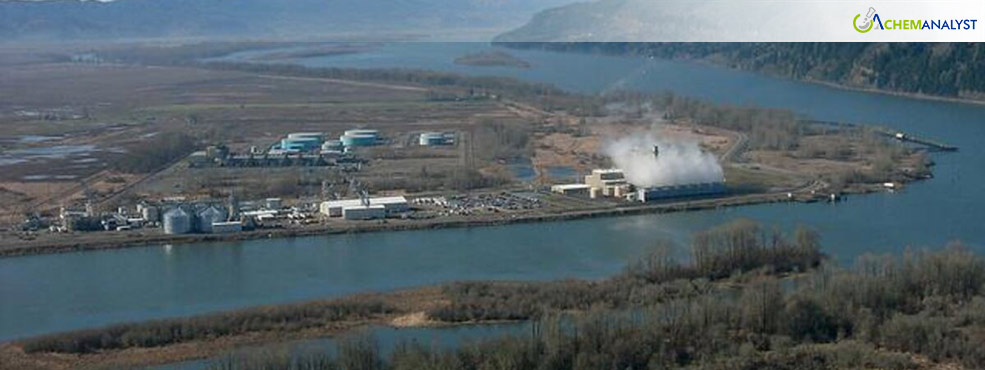Welcome To ChemAnalyst

Oregon regulators have approved a key water quality certification for NEXT Energy’s $2.5 billion biofuel refinery at Port Westward along the Columbia River, enabling the project to proceed despite opposition from environmental groups and local tribes. The refinery, called NXTClean Fuels, will produce renewable diesel and sustainable aviation fuel using feedstocks such as used cooking oil, animal tallows, and seed oils. Once operational, it aims to produce up to 50,000 barrels daily (over 750 million gallons annually) of biofuels for global markets via pipelines, trucks, and railcars.
The approval from the Oregon Department of Environmental Quality marks the final state review, allowing NEXT to seek a federal permit from the U.S. Army Corps of Engineers. Previously, the agency denied NEXT’s application in 2021 and 2022 due to insufficient information but granted removal fill and air permits in 2022 and county land-use permits in 2024. Proponents of biofuels view the project as a transitional solution to reduce carbon emissions before widespread transportation electrification. Oregon and other states have embraced biofuels through blending mandates to lower emissions from conventional fossil fuels.
Despite these benefits, environmentalists and tribal groups remain critical, citing risks to water quality, salmon habitats, and local wetlands from potential spills or accidents. Concerns include the refinery’s location on unstable soil near high-value farmland and the reliance on fracked gas for fuel production, which would emit over 1 million tons of greenhouse gases annually. Opponents argue this undermines the project's environmental claims, likening its emissions to traditional petroleum refineries.
NEXT asserts it will source feedstocks like used cooking oil and animal tallows from global suppliers, including Vietnam, Japan, and Brazil. However, Columbia Riverkeeper, an environmental advocacy group, disputes these claims, citing SEC filings indicating a reliance on higher-carbon feedstocks like corn and soybean oil. Critics also highlight the flammability of renewable fuels and potential harm to aquatic ecosystems, particularly juvenile salmon, in the event of spills.
Supporters view the refinery as a critical step toward combating climate change by reducing emissions from transportation. With state approval secured, the Army Corps of Engineers will release a draft environmental impact statement for public review later this year and evaluate the issuance of a federal permit. NEXT must also obtain two state stormwater permits, which are typically routine.
In addition to Port Westward, NEXT is developing a second refinery in Lakeview, Oregon, utilizing wood waste from forest thinning and wildfire management to produce renewable natural gas. Acquired in 2023, this facility was previously owned by Red Rock Biofuels and has yet to announce an operational timeline.
We use cookies to deliver the best possible experience on our website. To learn more, visit our Privacy Policy. By continuing to use this site or by closing this box, you consent to our use of cookies. More info.
